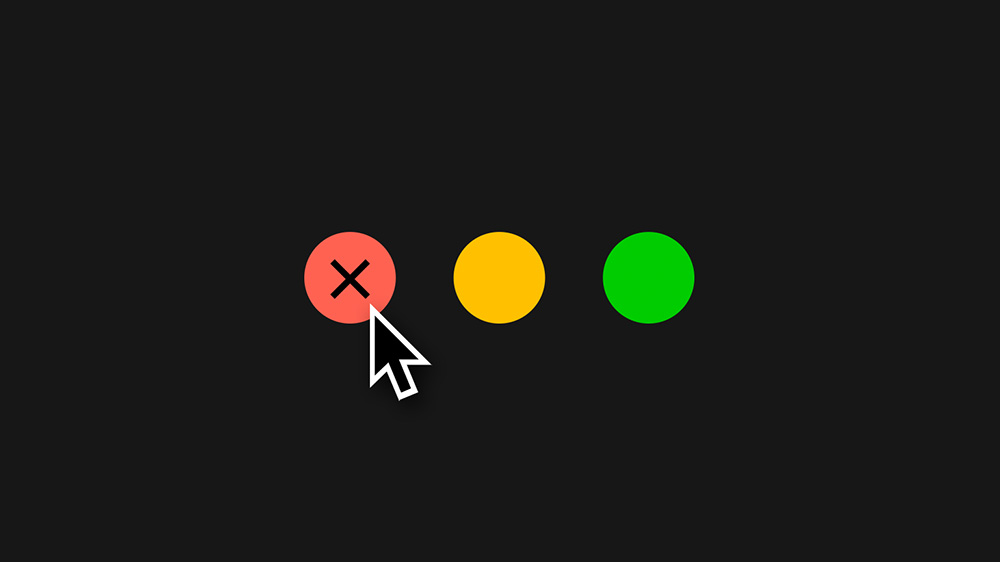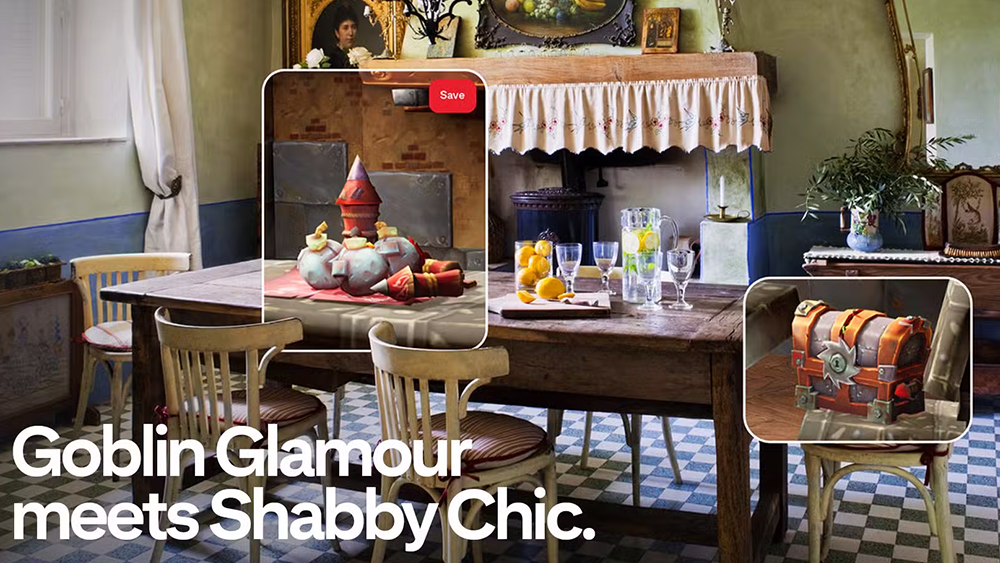The wrong way to build a portfolio
3 approaches that absolutely, definitely won't work.

Sign up to Creative Bloq's daily newsletter, which brings you the latest news and inspiration from the worlds of art, design and technology.
You are now subscribed
Your newsletter sign-up was successful
Want to add more newsletters?

Five times a week
CreativeBloq
Sign up to Creative Bloq's daily newsletter, which brings you the latest news and inspiration from the worlds of art, design and technology.

Once a week
By Design
Sign up to Creative Bloq's daily newsletter, which brings you the latest news and inspiration from the worlds of art, design and technology.

Once a week
State of the Art
Sign up to Creative Bloq's daily newsletter, which brings you the latest news and inspiration from the worlds of art, design and technology.

Seasonal (around events)
Brand Impact Awards
Sign up to Creative Bloq's daily newsletter, which brings you the latest news and inspiration from the worlds of art, design and technology.
First, let me say that there is no 100 per cent 'right' way to build a design portfolio. Every company looks for something different when hiring a designer, and different roles require varying presentations. If there was one single correct way, Semplice (my customisable portfolio system for designers) wouldn’t exist and we’d all be using the same boring template.
However, I have seen designers make certain mistakes over and over again with their portfolios. It's these missteps that mean designers get stuck and fail to launch their portfolio site, or result in a site that doesn't properly sell their work.
01. Turning it into an art project
A designer's portfolio is the ultimate personal project. So it’s understandable that we approach it like a masterpiece. We aim to create something fantastic and creative; a site that not only showcases our work but expresses our identity. Why is that the wrong way to go about it?
Dazzling animations, overly complicated designs and confusing user flows only distract from the task at hand
First, it’s a lot of pressure. Designers notoriously procrastinate before launching their portfolio, and it’s likely for this reason. They either have so many ideas that they don’t know where to begin, or they want it to be so perfect they are never satisfied with their creation.
This approach can also lead to an unusable site. I’m all for making a beautiful portfolio, but when we’re too focused on it, we forget our users: the recruiters, companies or collaborators who just want to see our work, understand who we are and hopefully, contact us.
UX is just as important for our personal site as it is for our clients, and dazzling animations, overly complicated designs and confusing user flows only distract from the task at hand.
02. Saving case studies for last
Case studies may be the most dreaded part of portfolio building. As designers, we are more interested in the visuals, creating a beautiful layout with pictures of our work. We start there and save the case studies for the end.
Sign up to Creative Bloq's daily newsletter, which brings you the latest news and inspiration from the worlds of art, design and technology.
Then we either a) procrastinate on our case studies, putting off launch for months or b) write a case study to fit our layout, which usually doesn’t result in an effective case study or c) skip writing case studies entirely (I can’t tell you how many case studies I’ve seen with just a contextless grid of images).
Instead of putting off your case studies, start with them. This will help you create more meaningful project layouts that better tell your story. It will guide any photos you need to take for your projects. And it will get the most daunting task out of the way first.
To help make your case studies more enjoyable and effective, take a look at this article on how to write engaging case studies, or explore the visual guide on the Semplice blog.
03. Trying to impress other designers
I don’t know when or why designers got the idea that success means impressing our peers. We try so hard to fit into the design community, we forget that the 'community' is not our target audience. In most cases, our potential clients or employers are.
We try so hard to fit into the design community, we forget that the 'community' is not our target audience
An avant-garde homepage design might look cool, but does it help a potential client understand whether you’d fit their project? Fancy animations may seem impressive to another designer, but do they make it more difficult for your client to find your work?
Design your portfolio for what you’re after. Maybe you’re looking for a full-time gig, or perhaps you’re seeking freelance clients. Or maybe you are indeed aiming to impress your community in an effort to collaborate with other designers. In any case, these are all different objectives. Think about what your target audience needs to know to appreciate who you are, how you work and what you are capable of creating.
Read more:

Tobias is the co-founder of Semplice, a portfolio system by designers for designers. Tobias writes about design and productivity on his blog, DESK.
